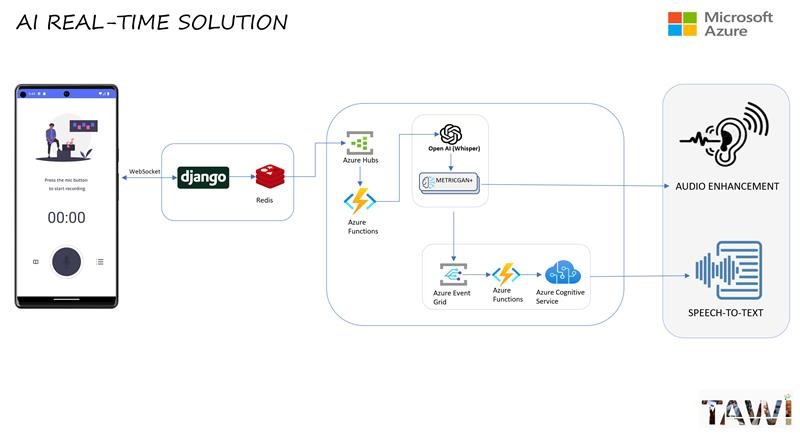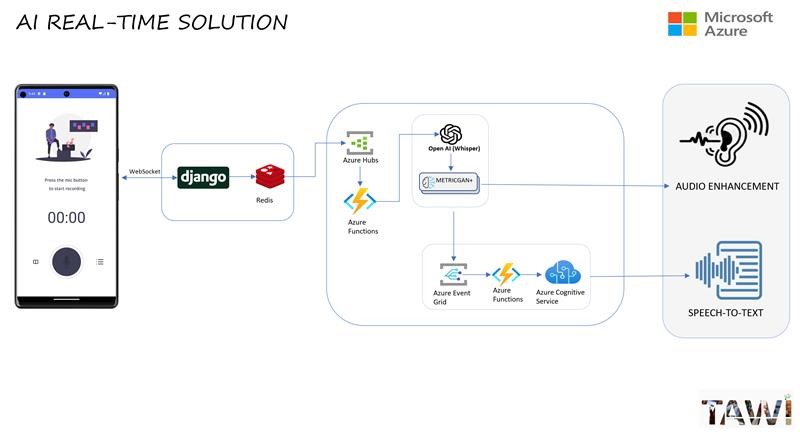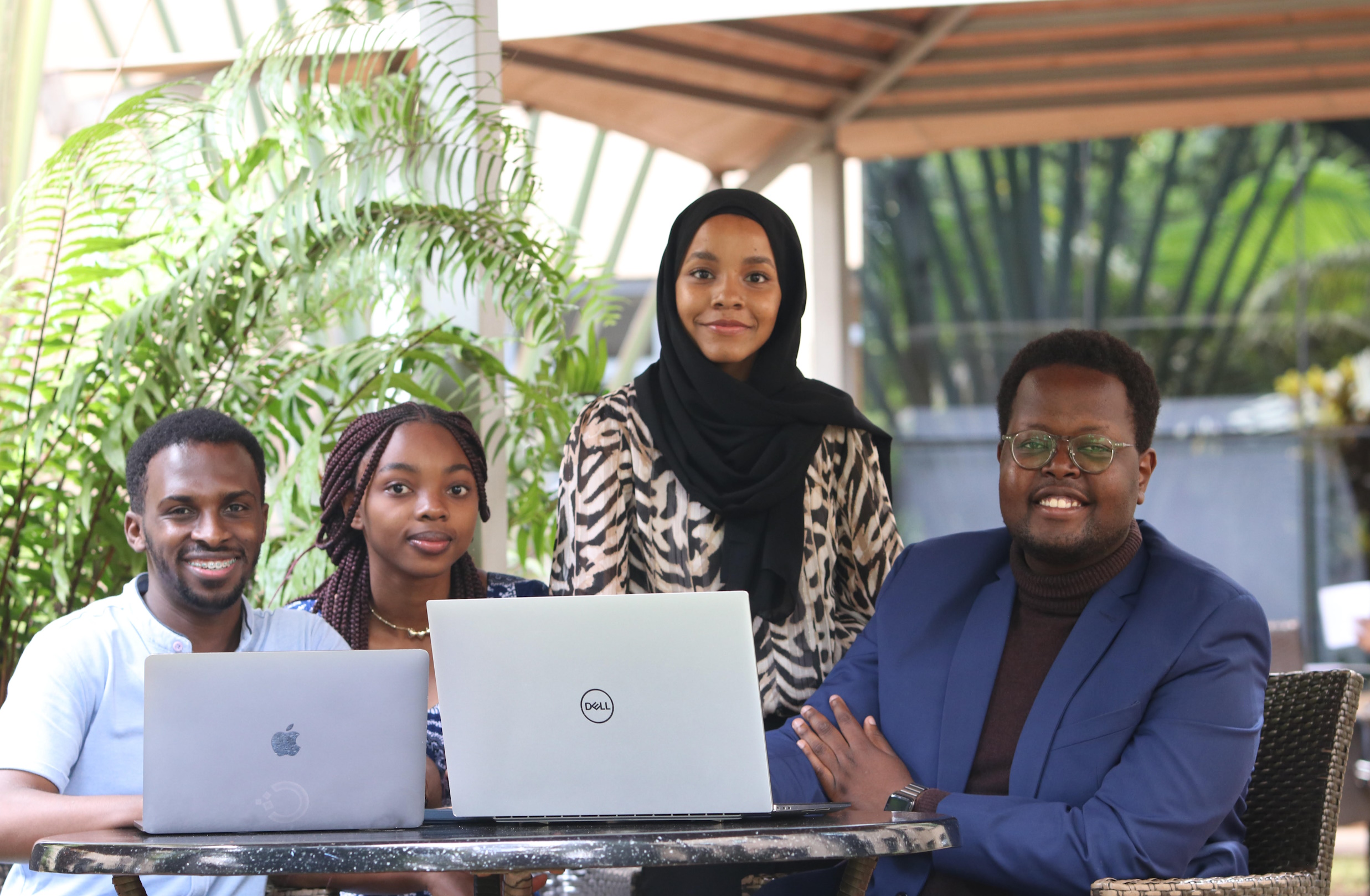
Kenya’s Tawi takes on auditory processing disorder to win Microsoft Imagine Cup
Microsoft’s student tech-for-good competition, the Imagine Cup, has crowned this year’s winner: Tawi, a team from Kenya that applied machine learning tools to helping kids with auditory processing disorder understand others better.
APD is a hearing condition in which someone hears sound just fine but their brain has trouble processing it. This can lead to delays in learning and understanding speech, as well as everyday inconvenience as communication takes more work and concentration.
John Onsongo Mabeya, Muna Numan Said, Syntiche Musawu Cishimbi and Zakariya Hussein Hassan formed Tawi because they all wanted to make something in educational tech, and decided on APD since one of the members has a sibling living with it.
Ordinarily a hearing aid is what is prescribed, as it can help isolate and emphasize voices. But hearing aids can be difficult to obtain and maintain depending on where you live, and it may not even be the right solution. Knowing what’s possible in real-time sound processing and captioning, the team decided to make an APD-focused tool that works with an ordinary smartphone and headphones.
“Tawi is a Swahili name, and in English it means sprouting leaf. Children are the sprouting generation and we wanted to do something for them so they could be uplifted and reach their full potential,” said Said.
Team Tawi’s app does noise suppression, emphasizes speech, and converts that speech to text in real time, and can be configured to a kid’s specific needs and hearing issues.

“We believe that Tawi, which uses real-time speech recognition and amplification, could be a game changer for these children, allowing them to participate more fully in social and educational settings,” Said put in their project description. “Our hope is that Tawi will eventually become widely available and help to address a critical community need.”
The final winner of the Imagine Cup, winnowed down from three regional finalists and several more category winners, takes home $100,000, some face time with Microsoft CEO Satya Nadella, and “Level 2 access to Microsoft for Startups Founders Hub,” which hopefully they find useful.

Tawi’s team together with their laptops.
The other two finalists also deserve a mention:
Cardiac Self-Monitoring Tool from Thailand: These kids put together a device that connects a stethoscope to a smartphone and uses machine learning to help parse the incoming sound, letting people check themselves for anomalies.
Eupnea: A US team that uses AI to listen to the coughs of tuberculosis patients and helps recommend treatment options.
You can check out the other finalists in this recent blog post. Congrats to everyone who made it!

